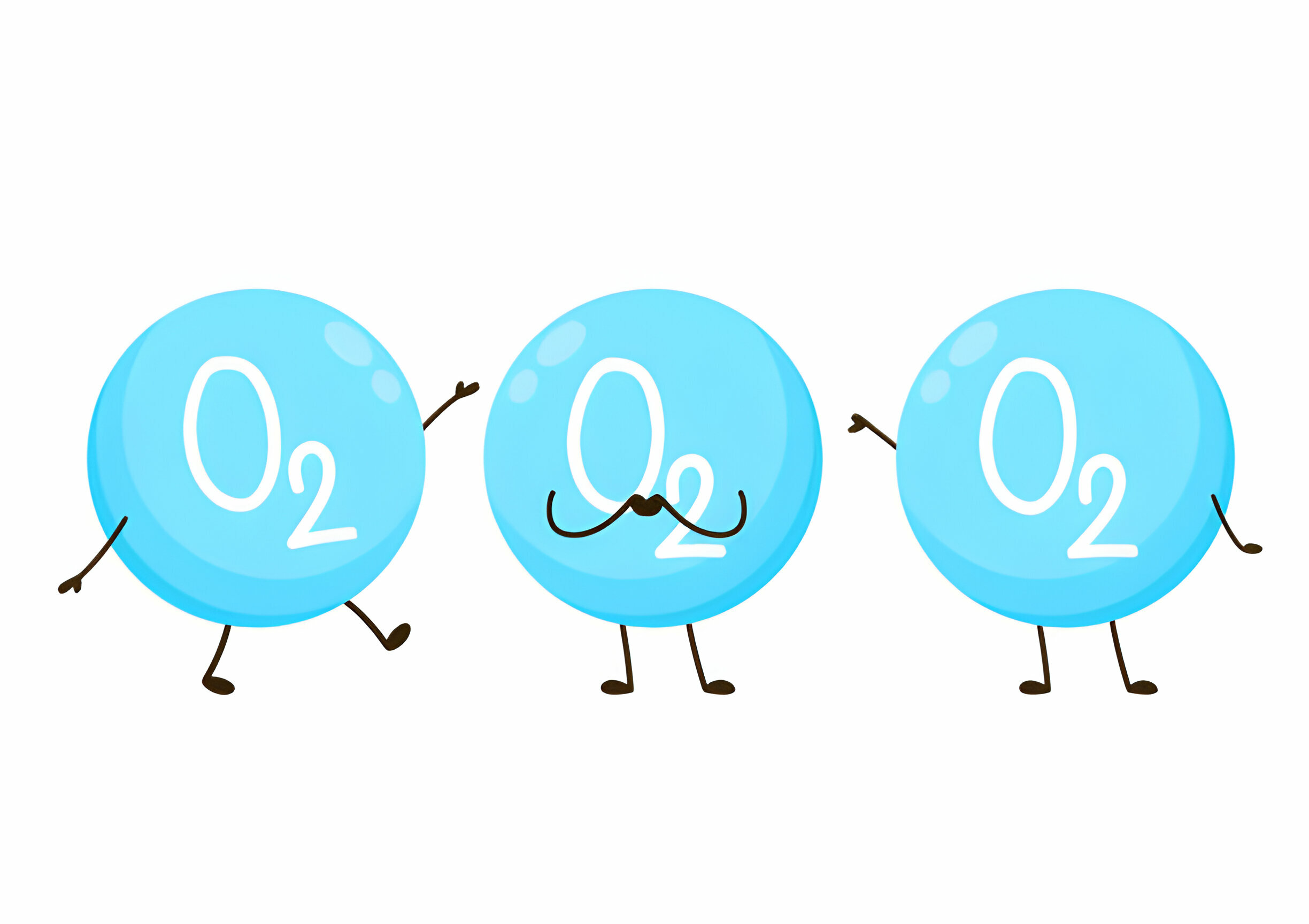Unraveling the Mystery: Can You Be Allergic to Oxygen?

Introduction
Have you ever wondered about the peculiarities of allergies and the myriad substances that can trigger them? It's a fascinating and sometimes baffling world. In this exploration, we delve into a question that might seem straight out of a science fiction novel: Can you be allergic to oxygen? This essential element, crucial for life, could hardly be seen as harmful, right? Let's embark on a journey through science, bust some myths, and uncover the truths about oxygen and allergies.
What Is Oxygen?
Oxygen: The Breath of Life
Oxygen, symbolized as O2 in the scientific community, isn't just a chemical element; it's the very essence of our existence. Comprising about 21% of the Earth's atmosphere, this colorless, odorless gas is crucial for cellular respiration in most terrestrial life forms.
Role in Human Health: Oxygen is indispensable for the survival of human cells. It's involved in energy production, metabolic processes, and, quite literally, every breath we take.
Fun Fact: Did you know that the oxygen we breathe today is produced primarily by plankton, algae, and plants through photosynthesis?
Understanding Allergies
Allergies: The Body's Overreaction
At its core, an allergy is an overzealous response by the body's immune system to a foreign substance. These substances, known as allergens, can range from pollen and pet dander to certain foods and chemicals.
Common Allergens: The list of potential allergens is vast, including:
Pollen
Dust mites
Mold spores
Pet dander
Certain foods (like peanuts and shellfish)
Insect stings
Expert Quote: Dr. Jane Doe, an immunologist, explains, 'Allergies are essentially a case of mistaken identity. The immune system erroneously deems a harmless substance as a threat, leading to an array of symptoms.'
Can You Be Allergic to Oxygen?
The Core Question: Is Oxygen Allergy a Reality?
The idea of being allergic to oxygen seems counterintuitive. After all, it's a fundamental element that our bodies require. However, in the realm of medical science, there are conditions that may mimic what we would think of as an 'oxygen allergy.'
Oxygen Toxicity: While not an allergy, oxygen toxicity is a condition that occurs when high levels of oxygen harm lung and central nervous system tissues. It's most commonly seen in deep-sea divers using oxygen-rich breathing gases.
Table: Oxygen Toxicity vs. Allergies
| Aspect | Oxygen Toxicity | Traditional Allergies |
| Cause | High concentrations of oxygen | Immune response to allergens |
| Symptoms | Lung damage, vision changes | Sneezing, itching, hives |
| Treatment | Reducing oxygen exposure | Antihistamines, avoidance |
Related Medical Conditions
Conditions Often Confused with 'Oxygen Allergy'
Several medical conditions might be mistaken for an allergy to oxygen, but they are fundamentally different.
1.Asthma: A respiratory condition marked by spasms in the bronchi of the lungs, causing difficulty in breathing. It's usually connected to an allergic reaction or other forms of hypersensitivity.
2.Chronic Obstructive Pulmonary Disease (COPD): A group of lung diseases that block airflow and make it difficult to breathe.
Misconceptions and Facts
Busting Myths About Oxygen and Allergies
Myth: 'You can develop allergies to anything, including oxygen.'
Fact: Allergies are immune responses to proteins, and oxygen is a simple molecule without protein structures.
Italicized Thought: It's crucial to distinguish between scientific fact and fiction, especially when it comes to our health.
Conclusion
In our quest to answer the question, can you be allergic to oxygen?, we've journeyed through the realms of science and medicine. While the notion of an oxygen allergy falls more into the realm of myth than reality, the exploration helps us appreciate the complexities of our bodies and the environment we interact with.
Remember, the world of medical science is ever-evolving, and what we know today might just be the tip of the iceberg. Stay curious, stay informed, and keep breathing easy!














